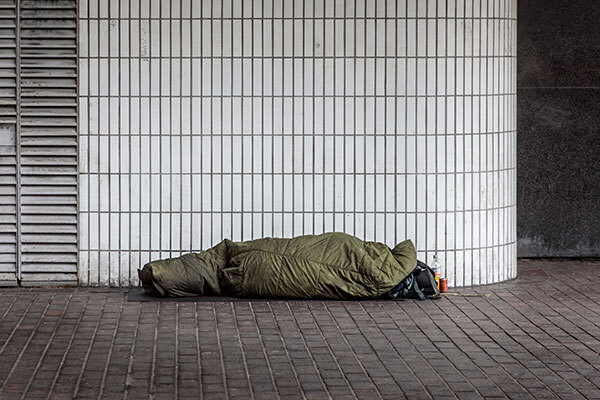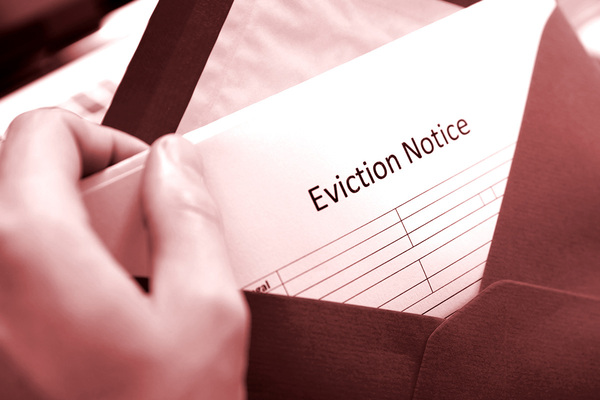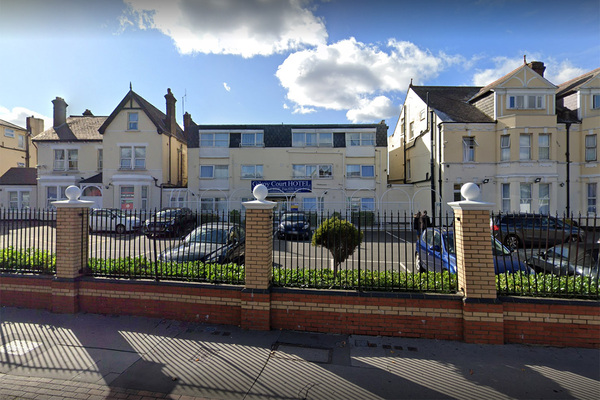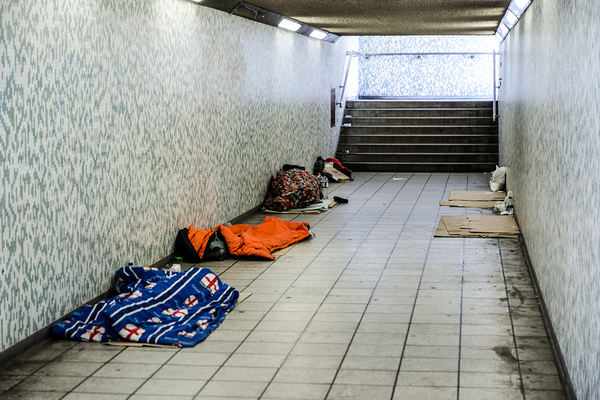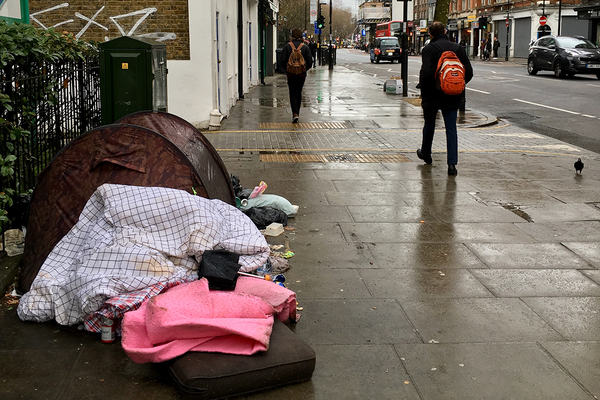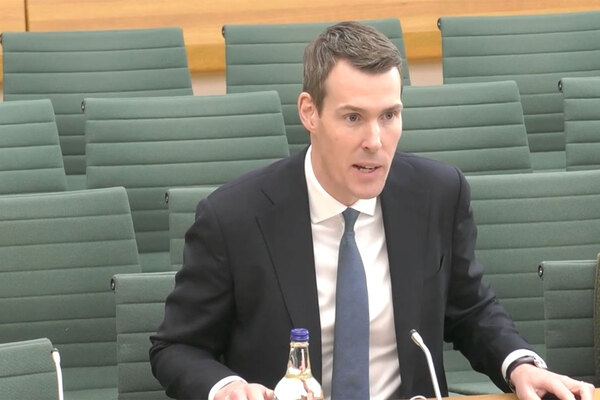You are viewing 1 of your 1 free articles
High Court rules councils can lawfully house people with NRPF during pandemic
Councils can lawfully provide emergency accommodation to people not usually eligible for homelessness assistance during the COVID-19 pandemic, a High Court judge has ruled.
Housing charity Shelter, which supported a former asylum seeker who was denied emergency accommodation by Brighton & Hove Council last autumn, said the ruling will remove any doubt local authorities have over their legal powers to support rough sleepers during the coronavirus crisis.
The case involved Timon Ncube, a former asylum seeker who found himself sleeping on the streets last September after his claim for asylum was refused.
Mr Ncube approached Brighton & Hove Council for urgent homelessness support, but was denied assistance on the basis that he had no recourse to public funds (NRPF).
NRPF is a condition placed on some individuals by the Home Office as part of their immigration status and means that they have no access to state support, including housing or benefits.
Asylum seekers whose applications have been denied are among people in the NRPF category.
When the COVID-19 pandemic first hit in March last year, councils in England were ordered to provide emergency accommodation for all rough sleepers, regardless of their immigration status.
However, in May the government wrote to councils to remind them that “the law regarding [NRPF] remains in place” and that local authorities “must use their judgment in assessing what support they may lawfully give to each person on an individual basis”.
Charities have complained that the government’s guidance has been ambiguous, meaning support for individuals with NRPF has varied from council to council.
In court Brighton & Hove Council argued that “there was no statutory provision empowering it to accommodate” Mr Ncube last September due to his NRPF status.
Mr Ncube’s solicitors asked the High Court to consider whether the council had unlawfully refused to find accommodation for Mr Ncube on the basis that they had failed to consider the whole range of legal powers available to them.
The judge ruled that during the pandemic councils can lawfully provide accommodation to rough sleepers who are normally ineligible for support under Section 138 of the Local Government Act 1972 and Section 2B of the NHS Act 2006.
Section 138 of the Local Government Act 1972 states that councils can provide accommodation and support during an emergency that involves danger to life.
Section 2B of the NHS Act 2006 gives councils powers to provide emergency accommodation to improve the public health of people who live in their area.
The case was considered to be “academic” as Mr Ncube has since been provided with accommodation by the Home Office.
However, the judge said “there is a question of law of importance beyond this case and potentially affecting many other applicants for accommodation”.
In the individual case of Mr Ncube, the judge said the responsibility for providing him with accommodation lay with the Home Office, rather than the council.
Shelter was granted permission to intervene in the case and was represented pro bono by Freshfields Bruckhaus Deringer, along with barristers Liz Davies, Adrian Berry and Connor Johnston from Garden Court Chambers.
Polly Neate, chief executive of Shelter, said: “Too many people’s lives have been put at risk sleeping rough because councils don’t think they meet the criteria for support. Our services have seen first-hand the cruel impact of ‘Everyone In’ not always meaning everyone.
“This judgment removes any doubt: councils should not be leaving people on the streets. As long as this emergency persists, the legal powers are there to protect everyone from the dangers of rough sleeping.
“In a crisis of this magnitude, access to emergency accommodation is no longer up for debate. The government now needs to issue explicit guidance to councils that anyone who needs it, must be provided with a safe place to stay.”
Siriol Hugh-Jones, joint chair of the housing committee at Brighton & Hove Council, said: “This case highlights the difficult position of councils that want to ensure people are protected regardless of their asylum status.
“In the absence of government guidance we welcome the identification by the court of the additional, albeit limited, powers councils have to help people with NRPF and not entitled to support from other agencies where there is a danger to life.
“We would have preferred the government to act on our call to suspend the restrictions on assisting those with NRPF. But the court’s clarification of exactly where councils are able to offer assistance is helpful.
“We intend to use those additional powers where appropriate in all future work involving people with NRPF.
“In this case the court also agreed with our view that the responsibility for accommodating the individual concerned lay with the Home Office rather than the council.
“At the time of the legal challenge the individual had not applied to the Home Office. The individual has since done so and is now in accommodation provided by the Home Office.”
The Ministry of Housing, Communities and Local Government has been approached for comment.
Sign up for our homelessness bulletin
Already have an account? Click here to manage your newsletters
